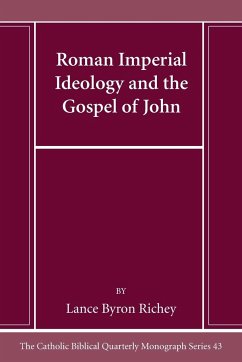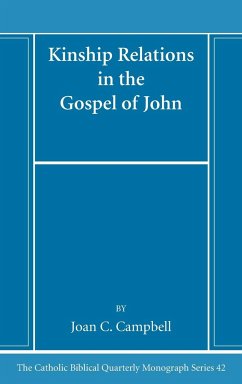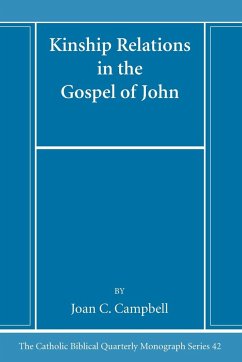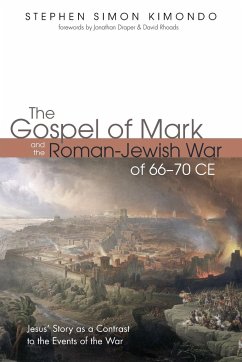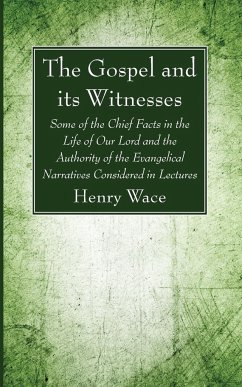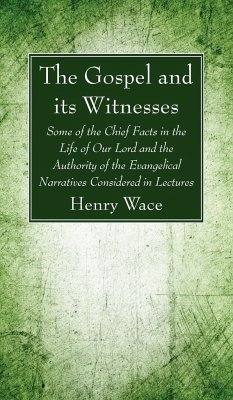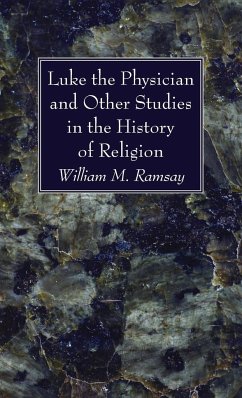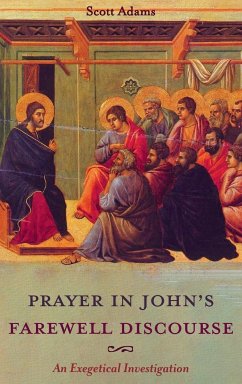This engaging study reflects the growing interest in the relationship of John's Gospel the Roman imperial context in which it was composed. It begins and ends with quotations from modern sources that show why the question might be of more than historical interest. The first quotation is from the Barmen Declaration of 1934, in which Christian leaders who resisted the advances of Nazism pointed to the lordship of Christ over the claims of the state (p. xi). The final quotation is from Pope Pius XI, who in 1925 affirmed Christ's lordship in the wake of cultural currents that removed modern nation states from the claims of the higher authority of God (p. 185). The problems raised by conflicts between the claims of human government and those of Christian faith provide an important reason to consider what these meant for early Christians, including those for whom John's Gospel was written. (Craig R. Koester, Luther Seminary, Saint Paul, MN 55108)

